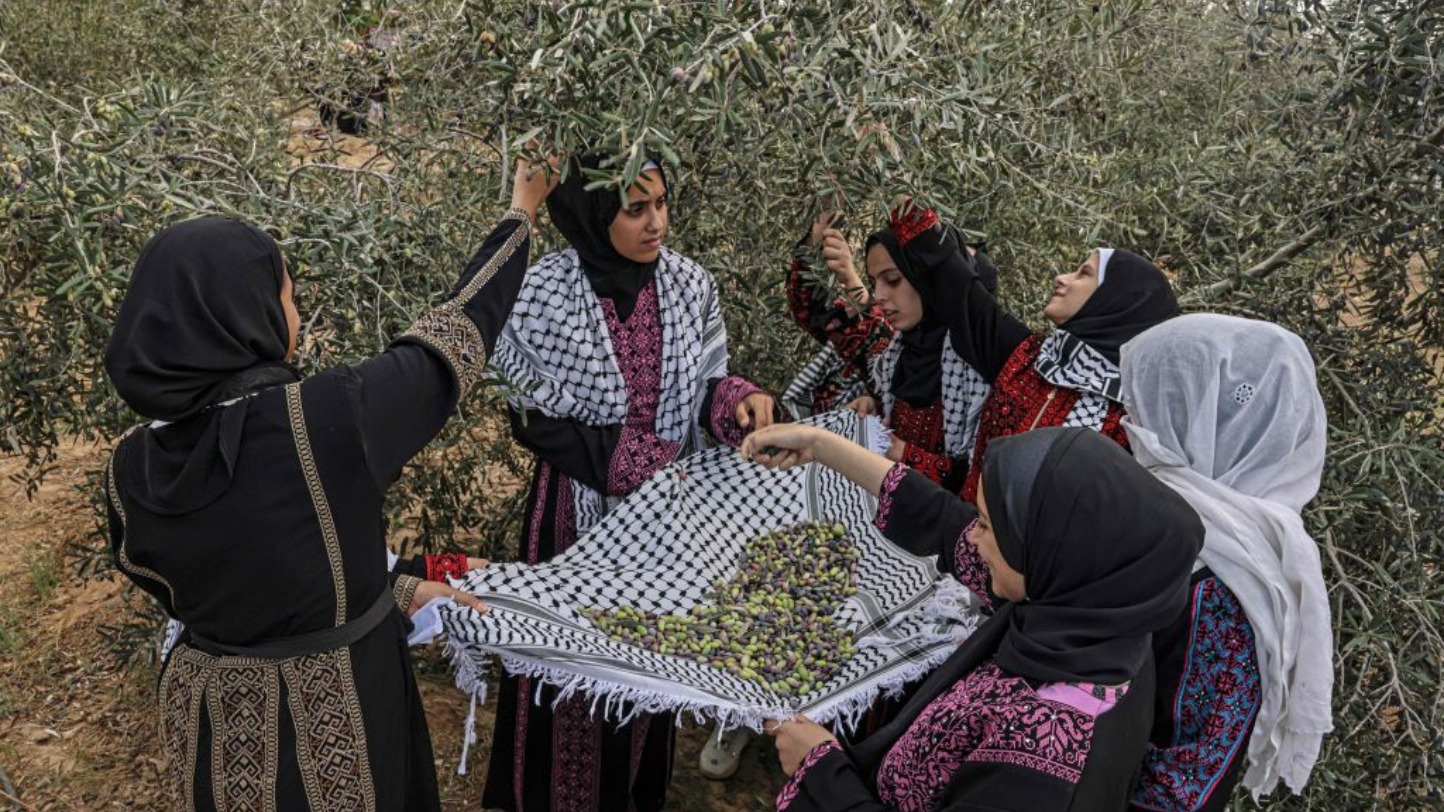
An exhibition by the Palestinian organization Artists and Allies of Hebron has been named as one of 30 officially sanctioned collateral events for the 60th Venice Biennale, which opens to the public on April 20, 2024 and runs until November 24, 2024. This program runs in parallel to the national pavilions and the main exhibition, which is curated by Adriano Pedrosa for the next edition under the theme “Foreigners everywhere”.
The announcement came shortly after it was reported on ARTnews that the Connecticut-based Palestine Museum US, which organized an exhibition of Palestinian art as a side event for the last Venice Biennale in 2022, had its proposal for next year rejected on October 20th. Palestine has never had a national flag because Italy is among the countries that do not recognize it as a sovereign state.
“When we wanted to tell the true Palestinian story, the Biennale decided to join European governments in a blackout,” said museum director Faisal Saleh. The program would have been called “Foreigners in their Homeland” and intended to “shed light on the conditions that Palestinians suffer, including living under a situation of apartheid and checkpoints.” Saleh hopes to unofficially show the same show at the European Cultural Center's Palazzo Mora.
Founded by Palestinian activist Issa Amro, based in Hebron, and South African photographer Adam Broomberg, based in Berlin, Artists and Allies of Hebron will present “Anchor in the Landscape”. This series of photographs by Broomberg and Rafael Gonzalez features olive trees in Palestine, some of which are thousands of years old. These plants have long been threatened by the Israeli occupation, with more than 800,000 having been destroyed since 1967. Olive farming is the main source of income for thousands of Palestinian families.
“The olive tree plays the totemic role of Palestinian identity, culture, resistance, agrarian sovereignty and intergenerational tradition,” said the project description on Broomberg’s website. “It also symbolizes the unwavering resilience of the Palestinian people in their continued resistance against their living struggle under Israel’s military oppression.”
Last year, olive trees were also featured in Artists and Allies's “Counter Surveillance,” an art project that drew attention to the Israeli military's near-constant surveillance of Palestinians living under occupation. Recently, this has included a network of CCTV cameras that monitor the West Bank city of Hebron in real time, and sophisticated facial recognition systems that scan Palestinians as they pass through a checkpoint. “From the moment you leave the house to the moment you get home, you are on camera,” Amro said.
Artists and Allies of Hebron secretly installed their own camera in an olive grove and broadcast a live stream to museums across Europe, including Sweden's Bonniers Konsthall in Stockholm and Amsterdam's FOAM on September 13, 2022. The intention was to take a technology that has been used to monitor and control the local population and redirect them as a means of protecting Palestinian culture. The camera would keep a watchful eye on the olive trees as local residents were recorded tending the plants, which Artists and Allies of Hebron see as a daily act of resistance.
A book about “Anchor in the Landscape” will be published by Mack Books in April 2024 to accompany the exhibition. It will feature an essay by Dr. Irus Braveman, a Jerusalem-born expert on the politics of tree planting and uprooting in Israel/Palestine.
Source: Artnet News
